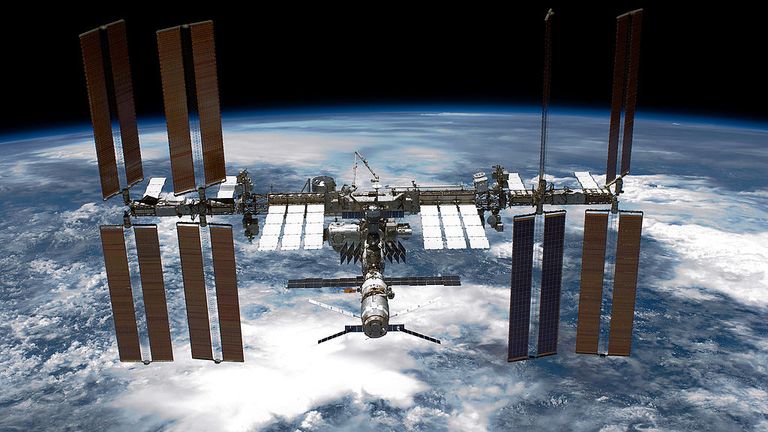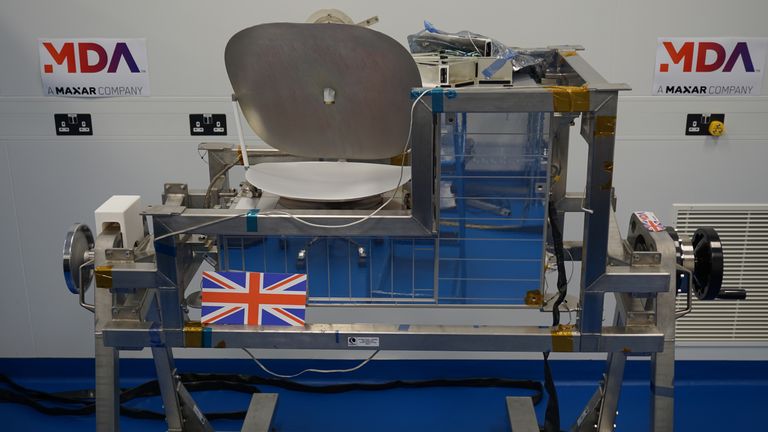Astronauts are scheduled to take a spacewalk outside the International Space Station (ISS) today to install a new British-built communications system that will deliver almost instantaneous messages back to Earth.
The British-funded and developed system will speed up scientists’ access to data from experiments on board the ISS, from investigations into the effects of radiation on seeds through to biomining research.
The European Space Agency (ESA) project aims to tackle the delays in getting experimental data back to Earth, which can currently take months to receive and sometimes leaves hard drives corrupted or data lost during transit.
The new ColKa (Columbus Ka-band) terminal will be able to rapidly transmit data to a ground station at the Harwell Campus, Oxfordshire, near ESA’s European Centre for Space Applications and Telecommunications.
NASA astronauts Victor Glover and Michael Hopkins will venture outside the ISS for six hours on Wednesday to install it.
They will go without food or a significant rest as they work in the harsh vacuum of space.
Their space suits will protect them from temperatures as hot as 120 degrees Celsius in the sunlight and as cold as minus 160 Celsius when the sun is on the other side of the planet.
They will mount the device, which is the size of a large suitcase, to ESA’s Columbus module on the ISS.
Amanda Solloway, the UK’s science minister, said: “This mission to install pioneering UK-built technology in space exemplifies how government backing is helping our most innovative companies push the boundaries of what we can achieve in space as well as back home on Earth.
“Strengthening the speed at which data can be transmitted from space will bring enormous benefits to scientists and researchers across Europe, helping them progress vital research faster, while opening up numerous commercial opportunities for UK firms as we build back better.”
The contract to build ColKa was awarded to British firm MDA UK after the UK Space Agency invested £40m in ESA’s space exploration programme in 2012.
Britain committed to another £180m investment in the programme in November 2019, which will collaborate with NASA to build the lunar gateway system and, eventually, bring back the first samples collected on Mars.
David Kenyon, MDA UK’s managing director, said: “We are extremely excited that ColKa is being brought into service.
“This system is our first flight system developed through MDA UK, and we now have equipment for another seven flight missions, including four lunar systems, under development in Harwell.
“ColKa will bring tremendous benefit to all our ESA astronauts, scientists and projects,” Mr Kenyon added.



